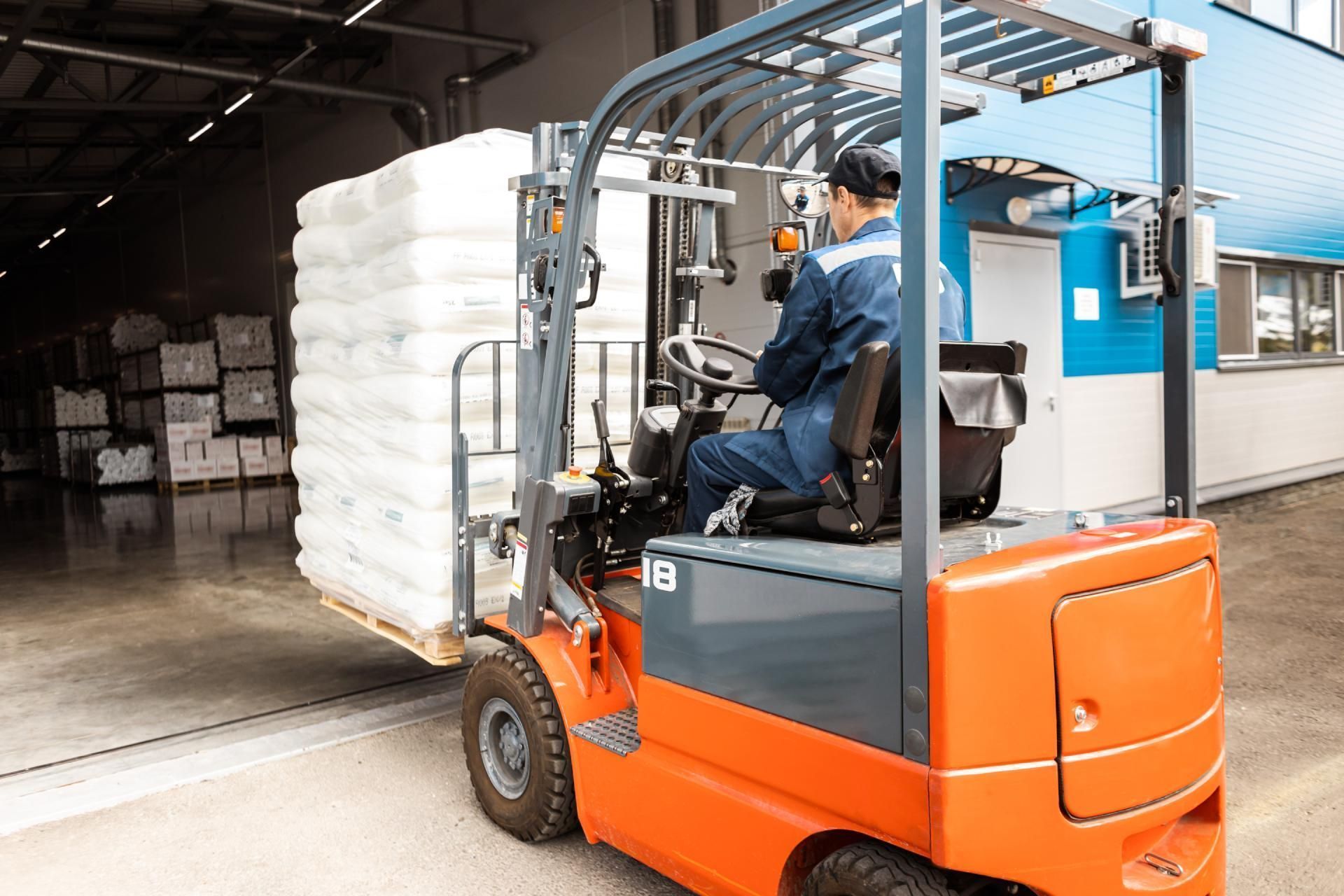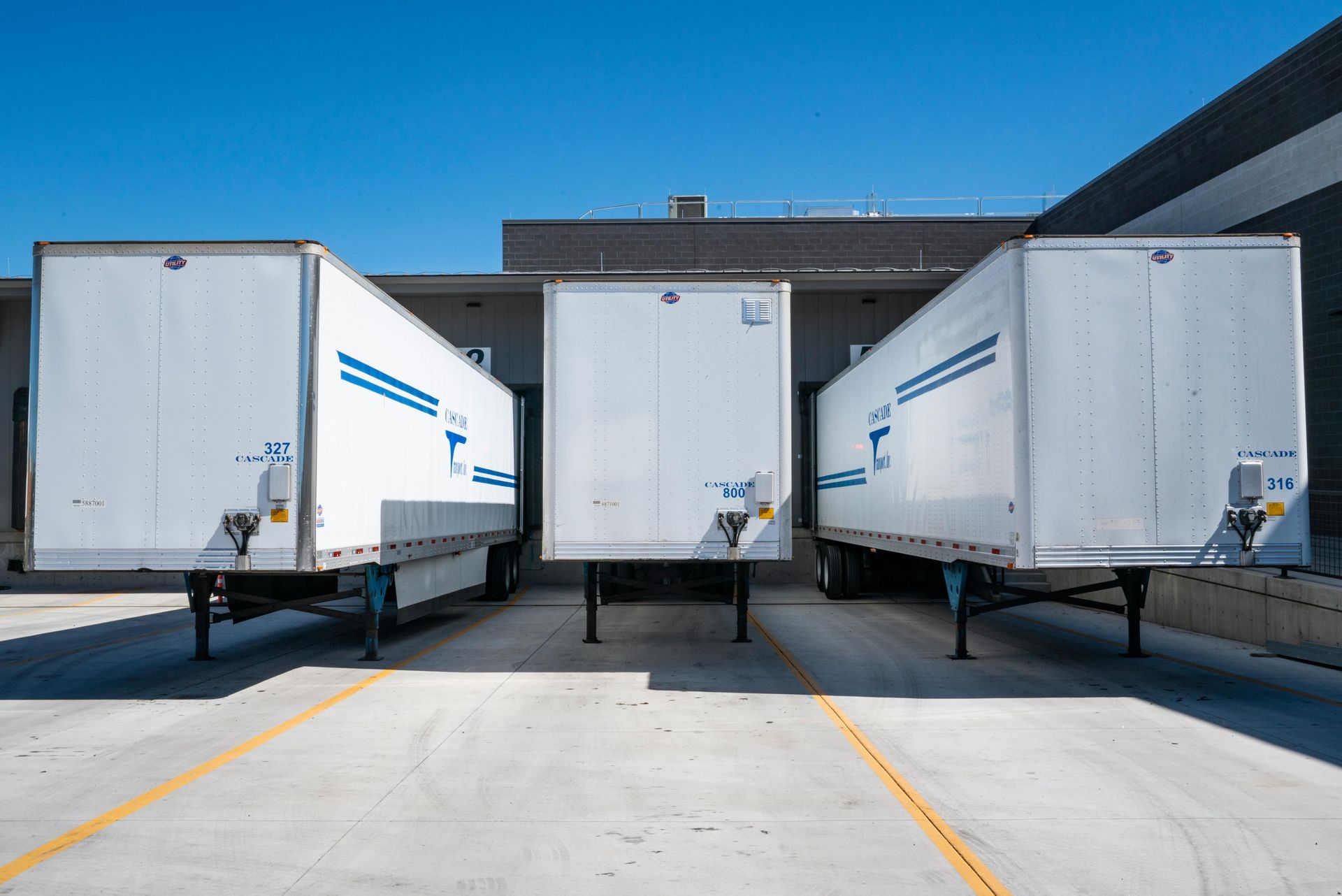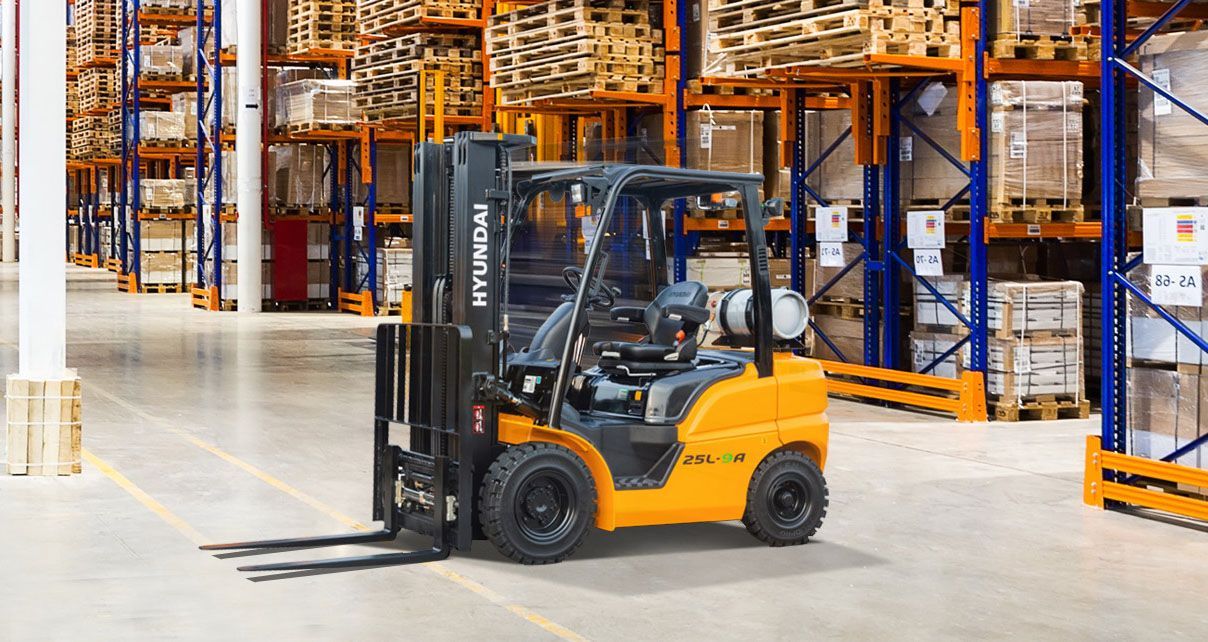Assessing Forklift Performance
There’s no shortage of tools these days that help your warehouse run more efficiently. From artificial intelligence to the Internet of Things and beyond, managers have a spectrum of options to choose from. However, something that’s often overlooked when it comes to optimizing workflows is the condition of equipment and especially forklifts. Even the best-maintained forklifts can lose power and speed over time and will take longer to charge and more labor and money. Forklift performance directly affects the efficiency of your warehouse. It will be harder for employees to operate and could become unsafe. It’s important to know the signs that it may be time to replace your aging forklift equipment.
Productivity Drop
You depend on your forklift to meet warehouse goals, but what if the equipment simply can’t keep up? Do you find that simple tasks on the floor are taking a bit longer than usual or your forklift is moving slower than you remember? Are techs spending more time charging and repairing forklifts? When time is money, it’s important to keep track of the attention you spend on keeping your forklift fleet humming along. If you’re working harder than usual to get it done, it’s a sign that you may need to replace some or all of your forklifts.
Expanded Power Sources
Warehouse managers are adept at learning how many lift trucks are needed in any one given day. While it’s important to keep trucks ready and fully charged, there’s something to be said about being over-prepared and having more power sources on hand than needed. It’s nice to mitigate the chance of not having the right machinery on hand and ready to go, but excessive power sources can take up valuable real estate in a facility that’s already looking for more room to grow. If your lifts need more power on a more frequent basis, it’s time to upgrade.
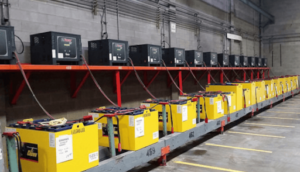
Limited Space
Power sources for forklifts take up a substantial footprint and fueling infrastructure planning can be complicated. Traditional equipment that doesn’t have to be removed from the floor for charging needs to have a library of batteries fully charged and waiting to be used. Upgrading forklift fleets allow your warehouse to invest in newer, faster-charging, or even electric lifts that free up space you could use to expand operations and store inventory. Speak to industry professionals that have experience selling and maintaining forklifts that allow you to devote less square footage to your power sources.
Lower Labor Efficiency
Think about your labor schedule in your warehouse. How many hours do employees spend with forklift charging and battery maintenance tasks? What could they be doing with that time instead? At a minimum, it takes about 15 minutes just to swap out a forklift battery, not to mention the ancillary tasks that come along with keeping your forklift fleet efficient. Upgrading to forklifts that charge quickly or offer reduced maintenance means that the entire warehouse will become more productive.
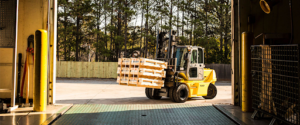
Equipment Failure & Rentals
Forklifts that are experiencing loss of battery power experience unnecessary wear to overcompensate. This fast-tracks the timeline of longevity and could even void equipment warranties when the equipment fails completely. Many operations rent forklifts to cover the gaps and meet the demand to make up for this, but both replacing and renting equipment can be much more costly than replacing forklifts that aren’t performing to standards. Unused lifts — either owned or rented — takes up space that you could use for other revenue-generating operations.
Changing Regulations
Emissions compliance rules and hygiene regulations depend on your location, industry, and warehouse. All of the equipment you use needs to follow these standards, and it’s important to keep ahead of the curve to know when they’re changed or updated. Equipment that uses fuel needs to be regularly inspected and swapped out when your organization needs to update compliance measures. Not doing so could become a violation that, at best, results in a fine. At worst, your warehouse operations could be shut down indefinitely until compliance has been met.
If you’re looking for any possible way to optimize warehouse operations, don’t underestimate the impact forklift performance can have. Updating your fleet is one small step that increases return on investment; if you’re not sure where to start, it’s time to call in the professionals. Benco Industrial Equipment has proudly served the material handling needs of customers in the St. Louis Metro Area and throughout the Midwest for over 10 years.
Whether you’re looking for equipment for your newly purchased warehouse or you’re looking to replace aging warehouse supplies, Benco Industrial Equipment can help.
The post Assessing Forklift Performance appeared first on Benco Industrial Equipment.


